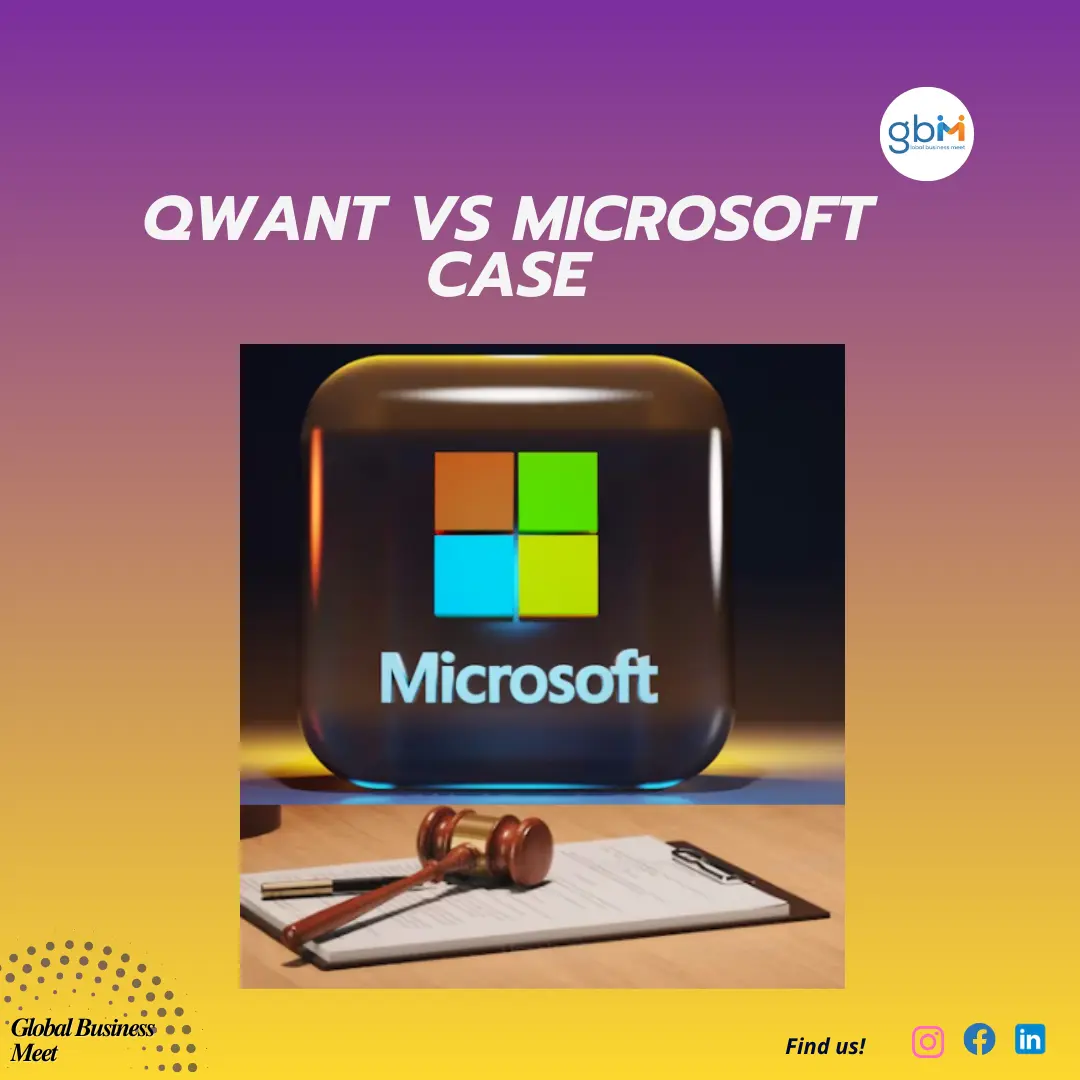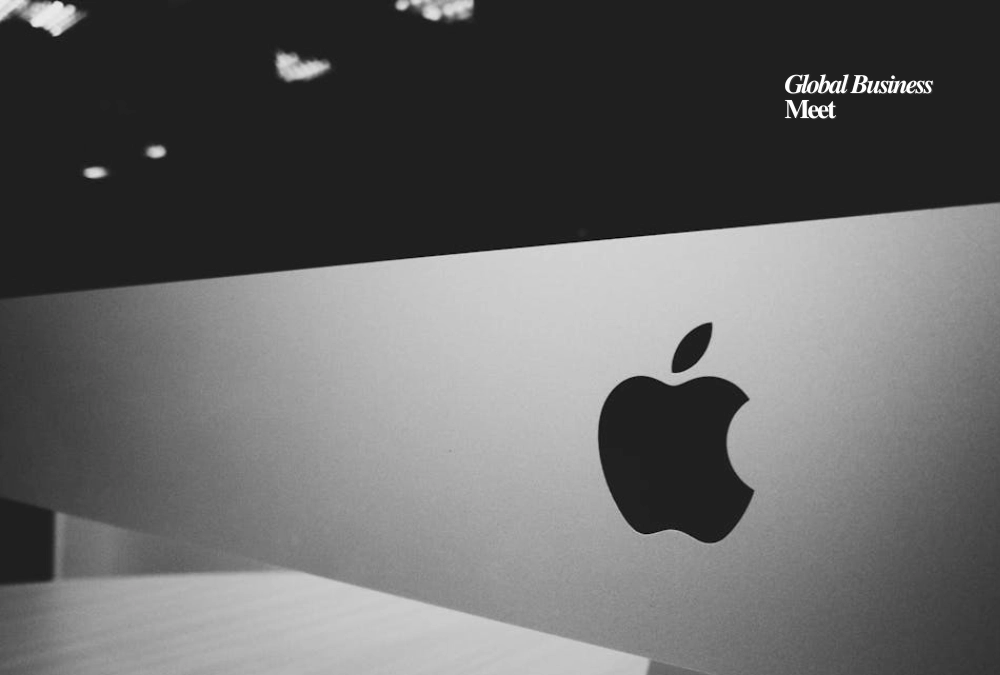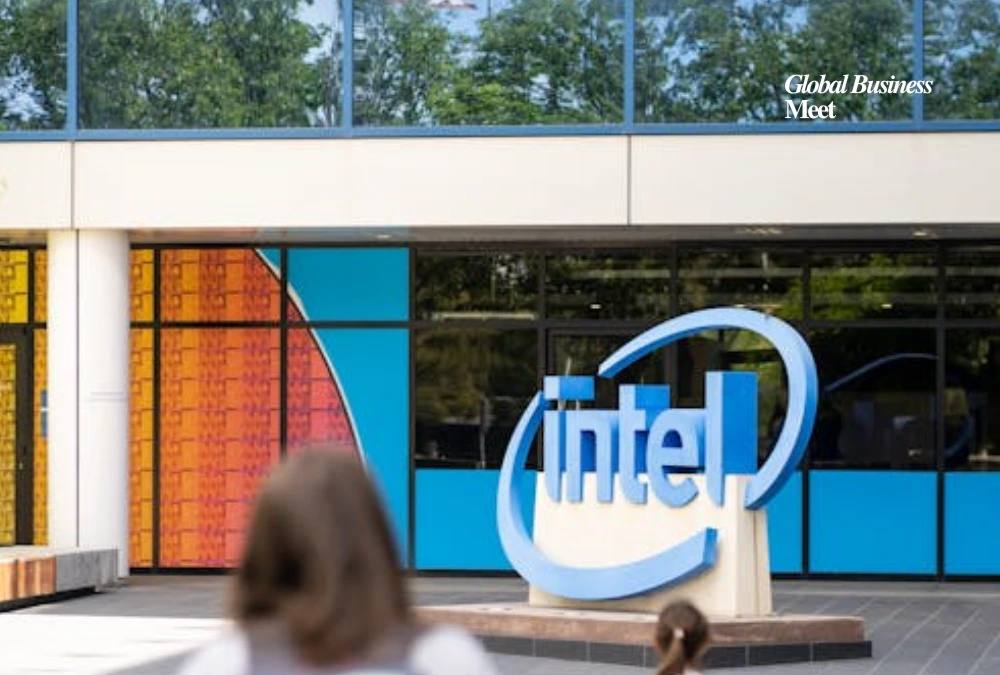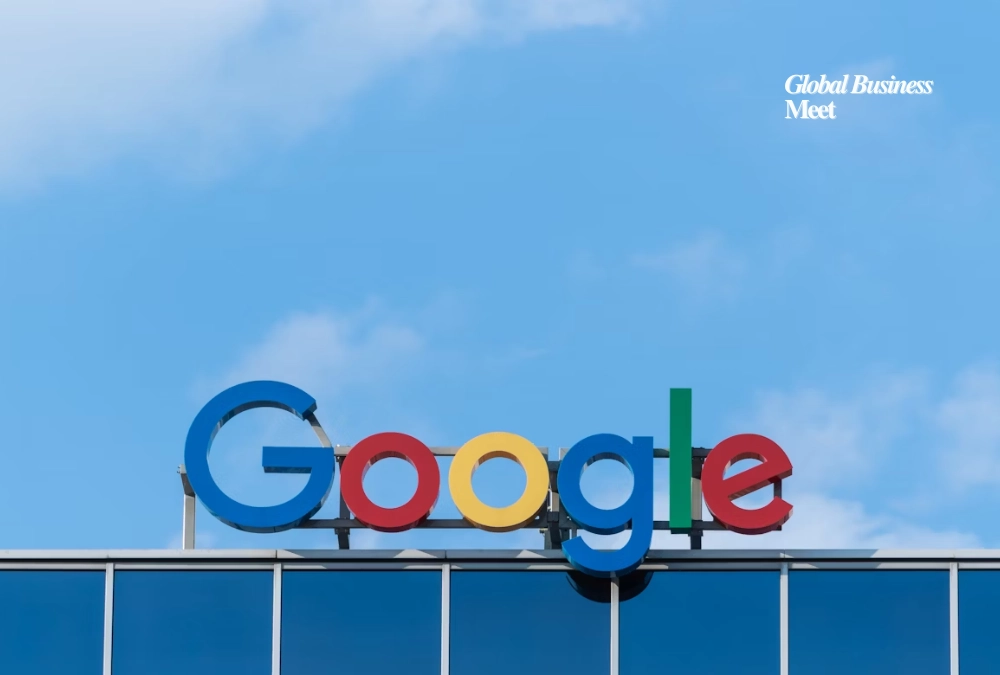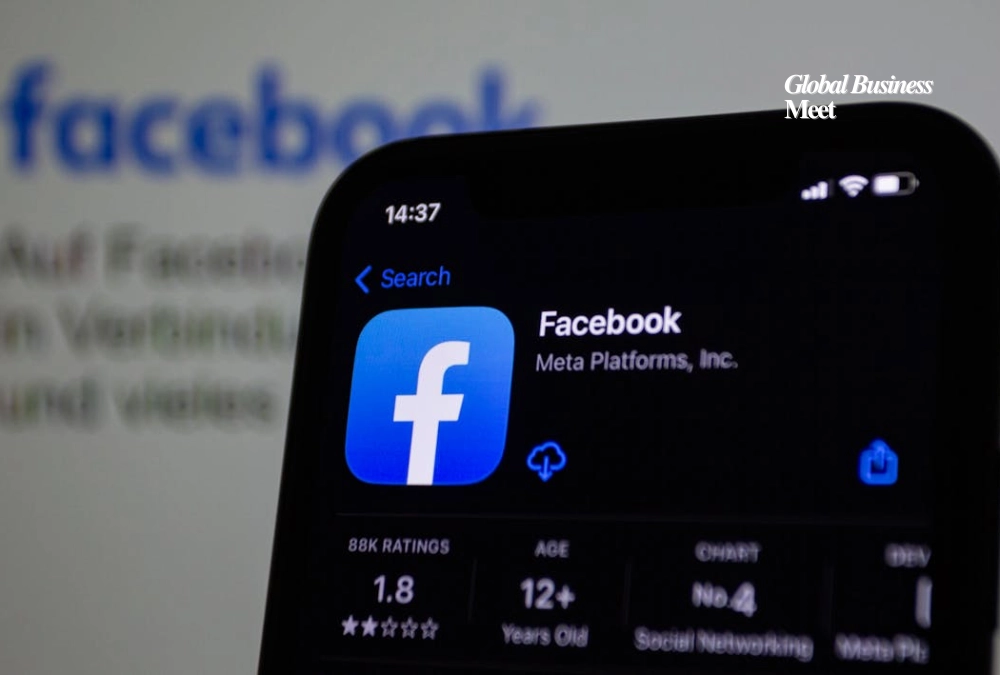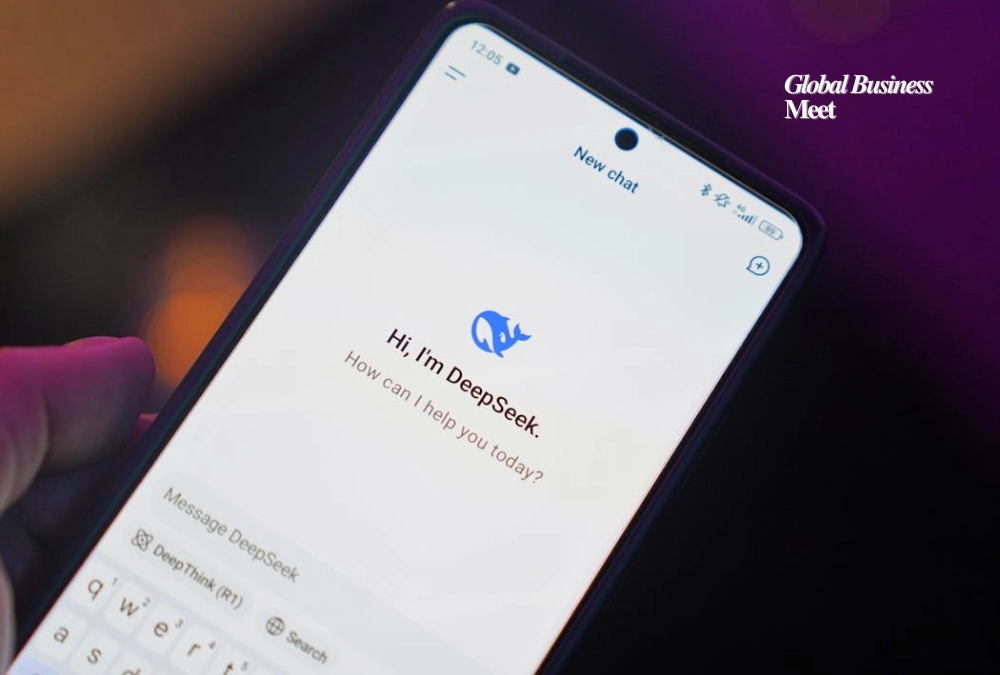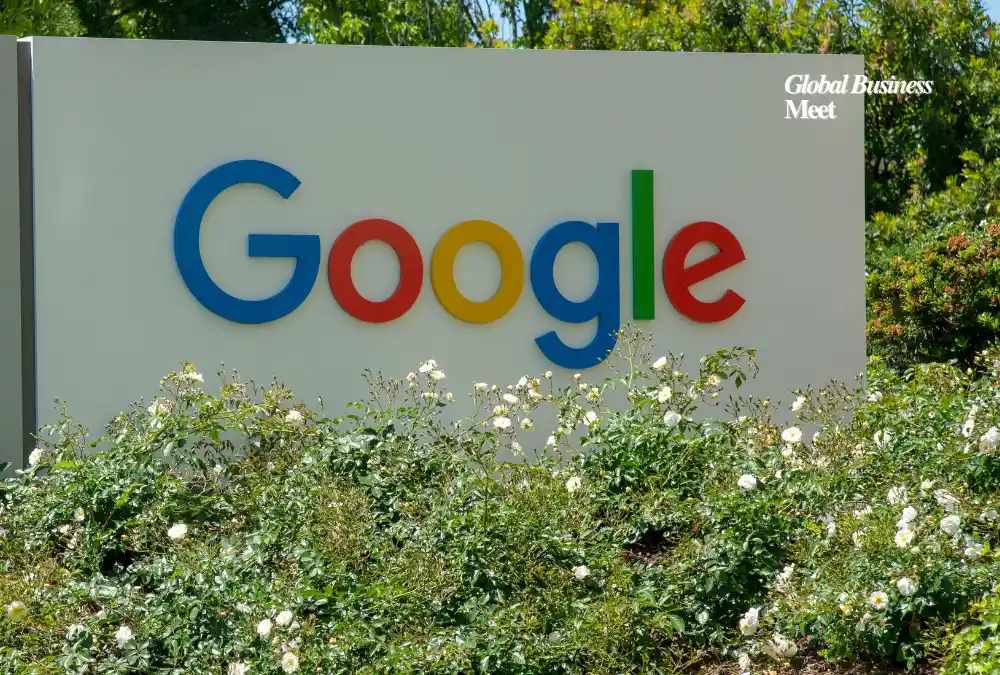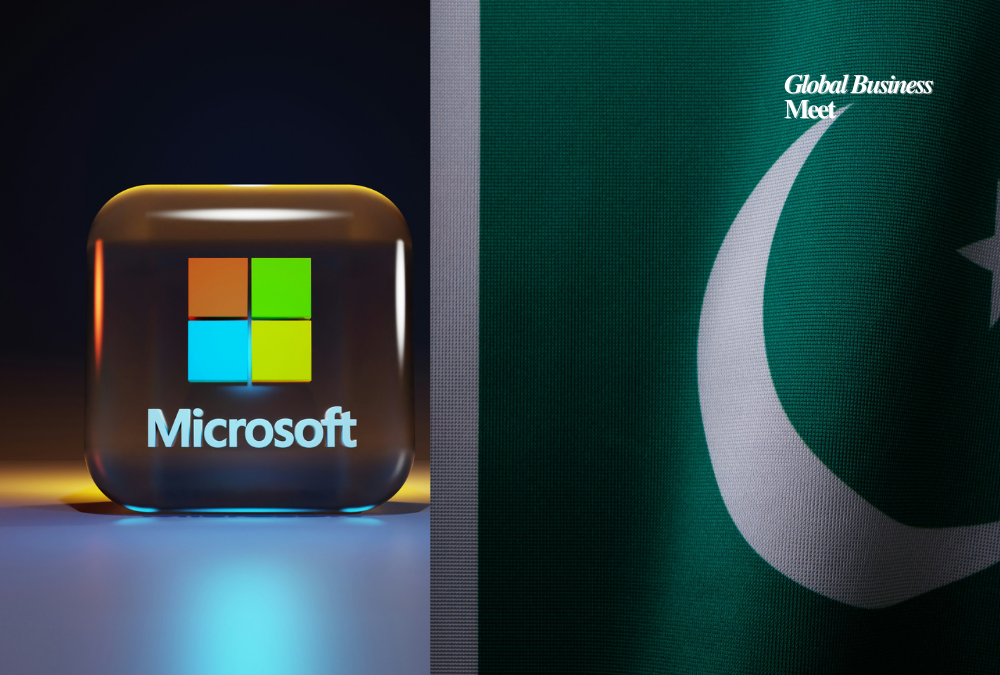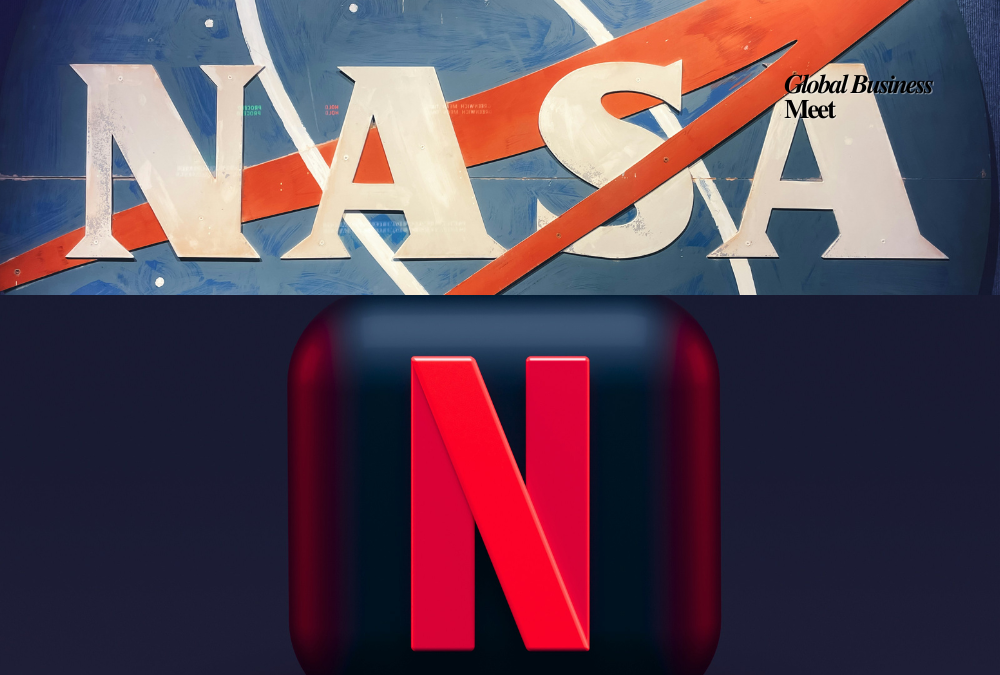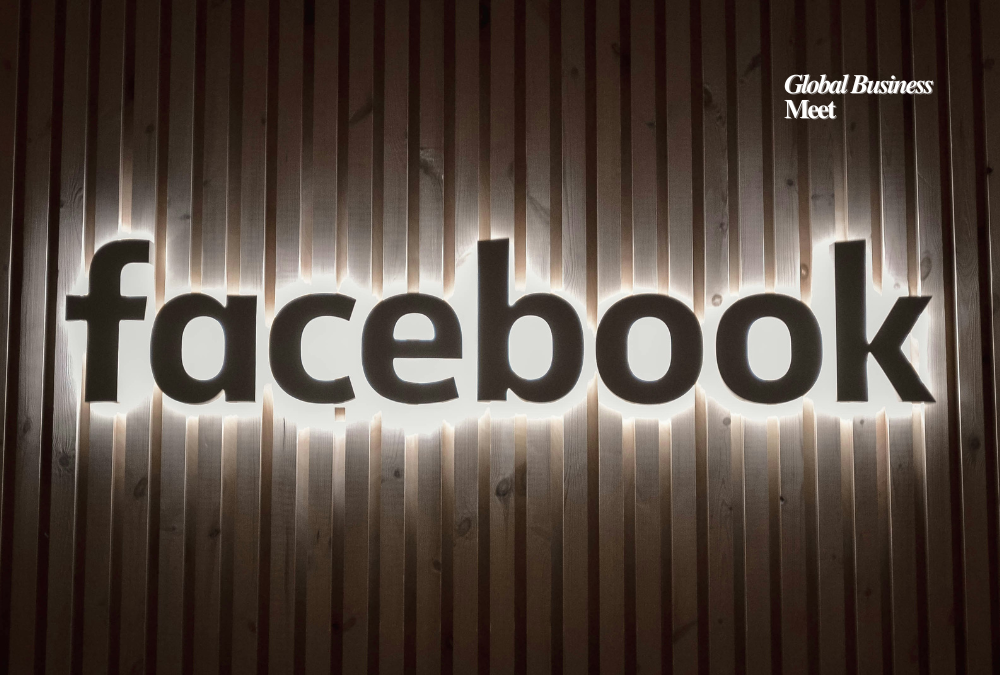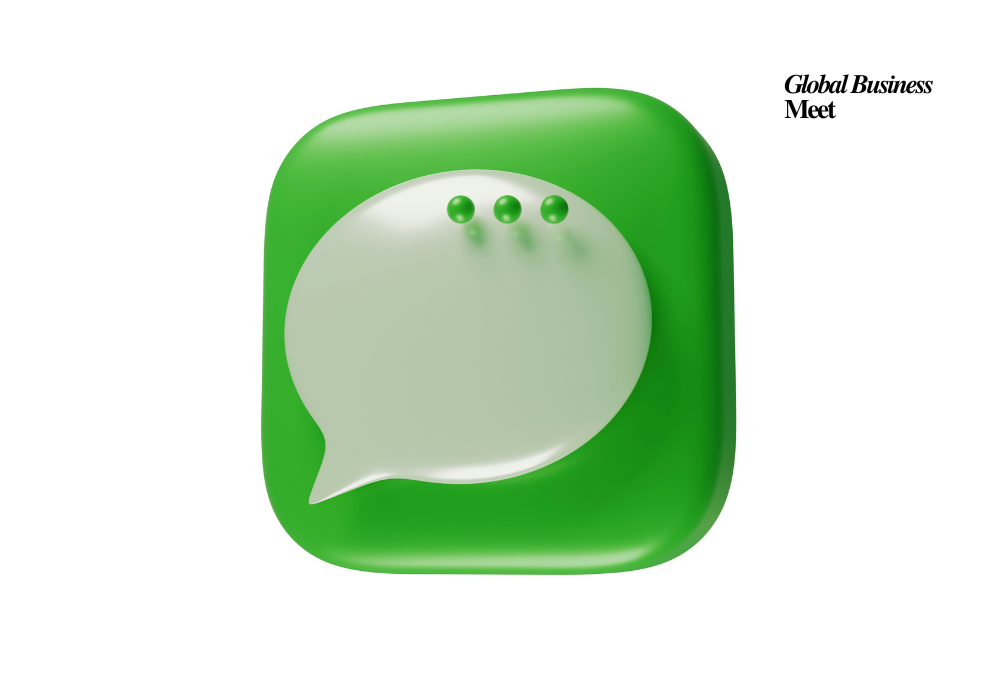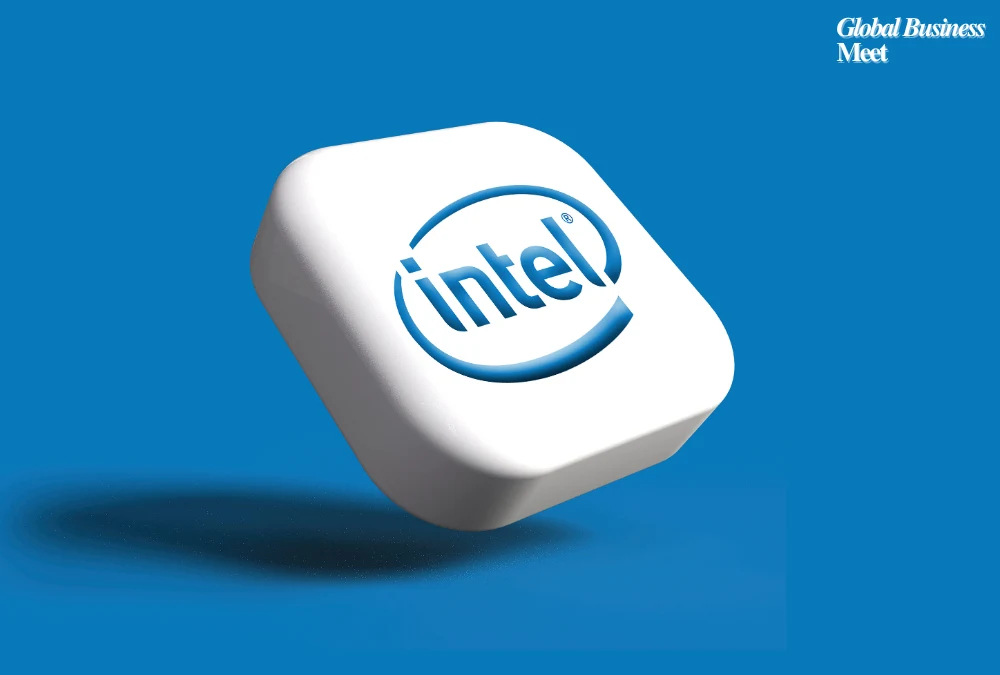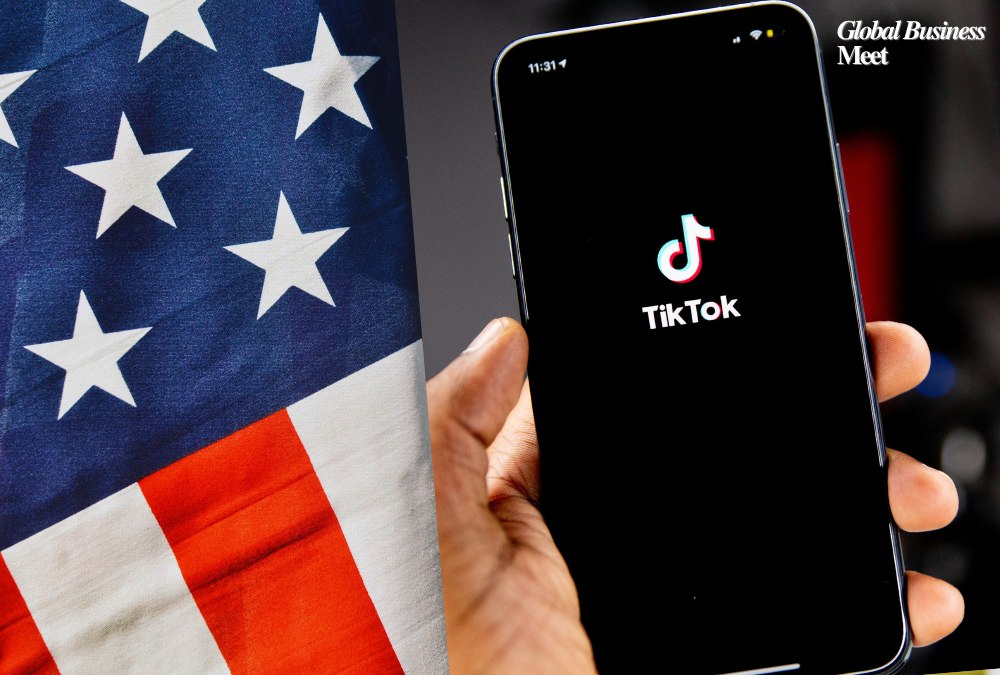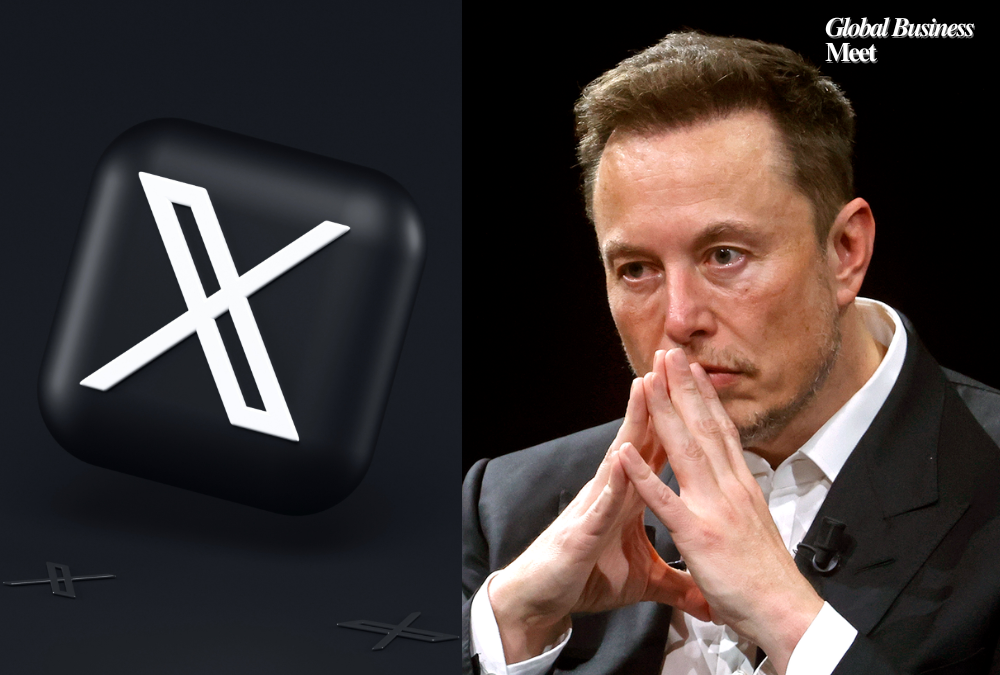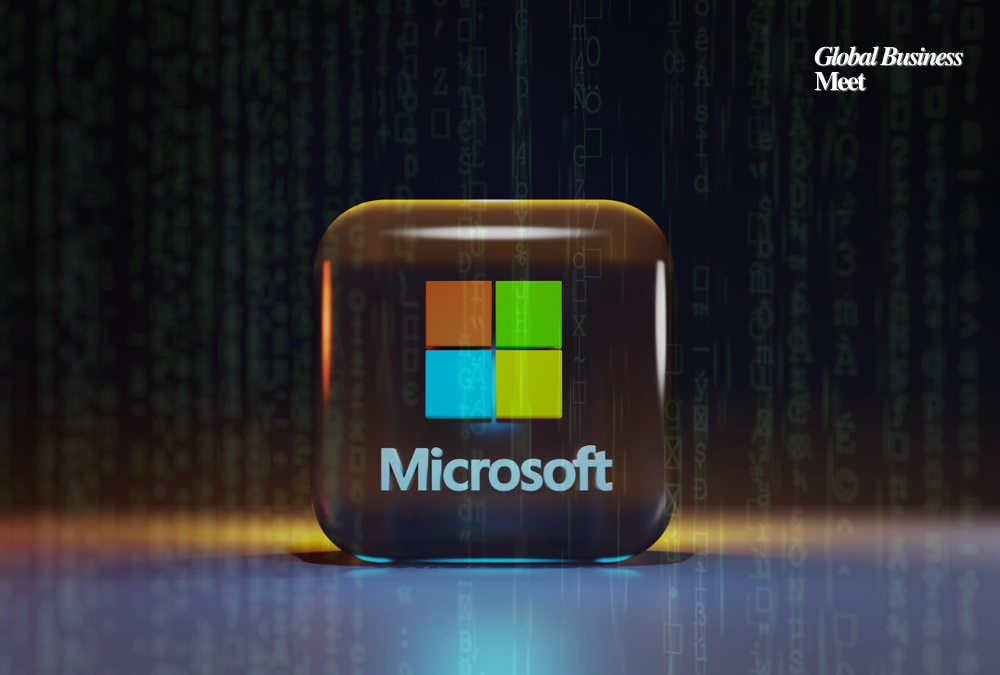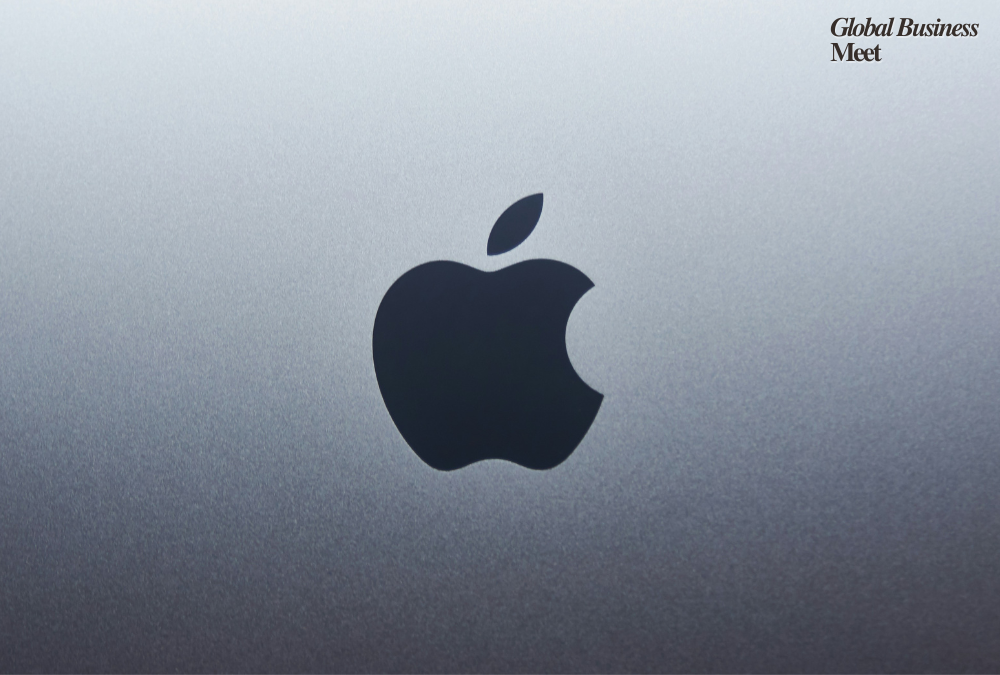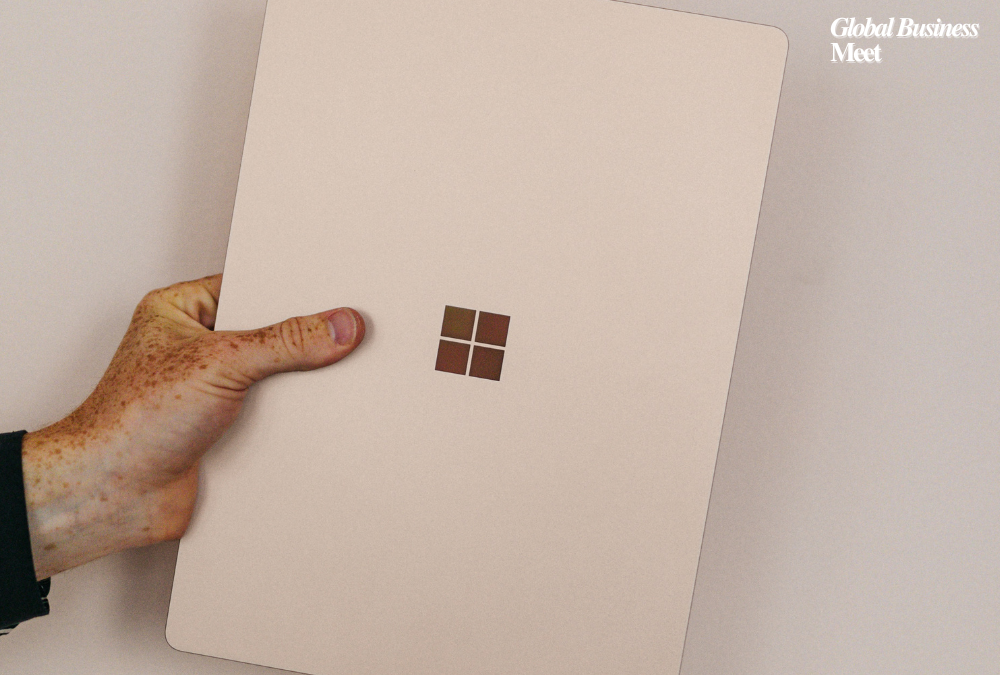
Having run for 22 years, Microsoft has announced that Skype shall be entirely phased out on May 5, 2025. With this, the curtain falls on one of the creators of online communication platforms, whose contributions were instrumental in Voice over online Protocol (VoIP) services globalization.
An Overview of Skype’s Past
Skype, developed in 2003 by a group of Nordic and Estonian entrepreneurs, transformed long-distance communication by enabling free online video and voice chatting. Instant worldwide adoption ensued because of its pioneering use of peer-to-peer technology, which did not need users to depend on centralized telephone networks. “Skyping” became the catchphrase for online video chatting as the site’s popularity exploded. eBay had purchased Skype in 2005 with the vision of incorporating its communication features on its online marketplace. However, due to integration difficulties, eBay sold all but a small portion of Skype’s shares in 2009. In 2011, Microsoft bought Skype for $8.5 billion in order to build its communications services. All these efforts, Skype was not able to become the norm of business communication, especially in view of increasing popularity of rival products like Zoom, FaceTime, Messenger, and WhatsApp.
Switch to Microsoft Teams
The deprecation of Skype is in line with Microsoft’s strategic focus on Microsoft Teams, its newer collaboration product. Teams, which debuted in 2017, offers a range of business-oriented collaboration features under the Microsoft 365 umbrella, including file sharing, video calling, and chat. The move is indicative of Microsoft’s investment in providing a more unified and feature-complete communication solution for the modern business environment. Microsoft 365 head Jeff Teper has welcomed existing Skype users to upgrade to Teams, allowing users to easily take their contacts along and keep connecting. The strategy behind this move is to bring Microsoft’s communication products together in one unit by eliminating duplication and focusing on developing Teams’ features.
Influence on Consumers and Communication Ecosystem The downfall of Skype reflects a significant shift in the communication tech sector. Skype once was a leader in internet communication, but its decline shows how rapidly digital technologies are advancing and how important it is to adapt to consumers’ needs. Changing to Microsoft Teams can be challenging for existing Skype users. Teams, however, have a diverse set of features that are ideal for the needs of both personal and institutional communications. For seamless transition, however, users should back up their conversation history and acquaint themselves with the features of Teams prior to May 5 when it comes offline. Skype’s demise also mirrors broader movements within the technology sector, whereby platforms have to constantly reinvent themselves if they are to remain viable. Since increased competition following the rise of specialized communication products and bundled platforms means that viability now depends on adapting, that is exactly what they have had to do.
Conclusion
Skype is hanging up its calligraphy on the heels of revolutionizing world communication as it goes out for good on May 5, 2025. How far Skype has come since being a trailblazing startup and now Microsoft’s acquisition reflects on how much of a rollercoaster the technology world has been. Though the history of Skype is winding down, its legacy lives on because it helped give rise to the wide array of communication technologies we have now.

